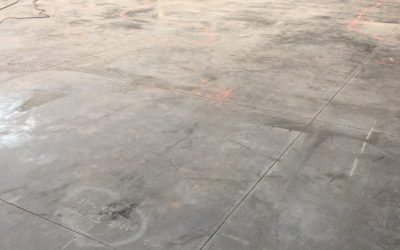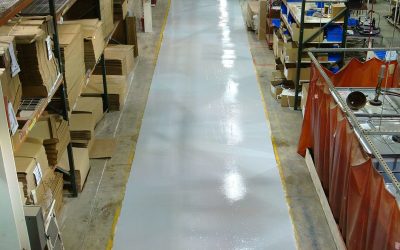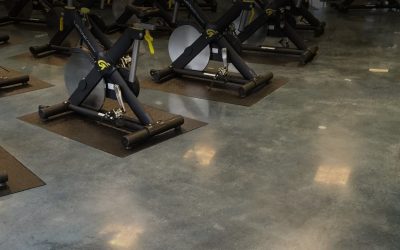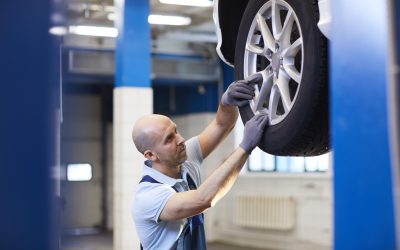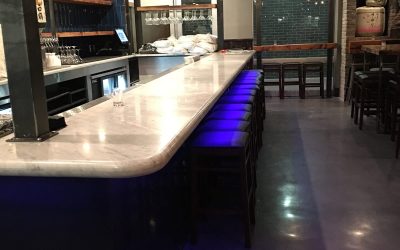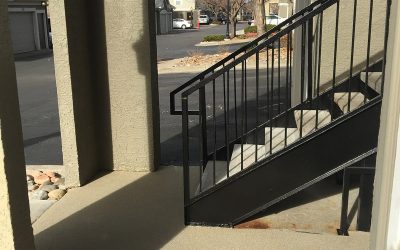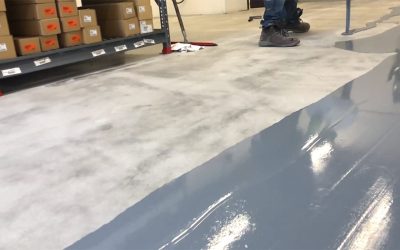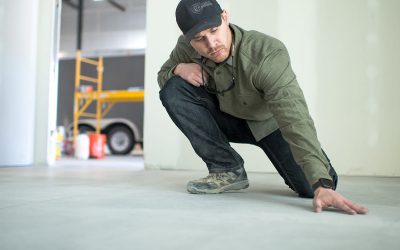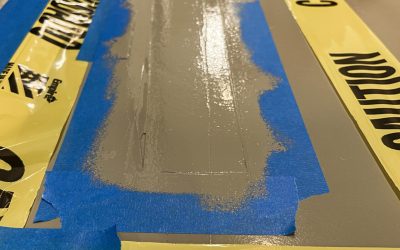Be In The Know.
Blog
How Long Do New Concrete Floors Take to Dry?
Curing is the process by which concrete hardens, transitioning from a liquid state to the hard and durable surface that will make up your floor. Although this is often called drying, this is somewhat of a misnomer. While there is some drying occurring in the sense...
Installing the Commercial Warehouse Floors to Support Forklift Traffic
Many of the warehouses in the Denver area rely on forklifts to quickly and conveniently move products. This can lead to several different concerns at commercial properties because forklifts are not easy on floors and bad floors are not easy on forklifts or their...
Make Your Gym Sanitary and Odor Free with Epoxy Flooring
Keeping your commercial gym clean in Denver is naturally going to be a challenge with all of the people that workout in your space, often leaving behind sweat on surfaces they touch and floors. Spilled water or water that accumulates in and around showers and pool...
Preventing Hot Tire Pickup at Your Auto Shop with an Epoxy Floor
If you have an auto shop in Denver, Aurora, or Lakewood, the right flooring is essential for keeping your business clean and professional looking, and preventing damage from tools, fluids, other items, and events. One of those events is hot tire pickup. This is a...
How Long Does a Polished Concrete Floor Last in Commercial Properties?
When a long lasting and durable material is needed in construction, concrete is already one of the top options. It is hard enough to resist damage from impacts, stands up well to different elements, and naturally survives for years without deterioration. The primary...
Moisture Problems in Concrete Floors – Prevent The Concrete Slab Sweating Syndrome
Although concrete flooring is highly durable, moisture is one of the few factors that can quickly cause wear and problems at a commercial facility. Excessive moisture causes concrete to weaken and deteriorate. In Denver where temperatures in the winter can cause water...
How Concrete Commercial Flooring Prevents Healthcare Associated Infections
Healthcare associated infections (HIAs) are a major concern in facilities like hospitals, emergency rooms, clinics, and senior care facilities. Because these locations often deal with contagious diseases, there can be a significant number of germs present, putting...
What to Know About Installing Commercial Concrete Floors in the Winter
Business does not stop in the winter, so even as temperatures hit freezing in Denver and elsewhere in Colorado, flooring construction, replacement, and repair will continue. When it comes to concrete flooring, this can require a few special steps. Concrete does best...
Best Commercial Flooring Options for High Traffic Areas
At a busy commercial property, you might have hundreds or even thousands of feet walking across an area on any given day. Naturally, this puts a lot of stress on your floor and will start to cause both visible and physical wear over time. Certain flooring materials...
How to Identify Damage in a Commercial Concrete Floor in Colorado
Concrete works extremely well for commercial and industrial properties because it is so strong and resistant to damage. But concrete is not entirely indestructible and there are a number of ways a concrete floor can sustain damage, whether through poor quality...

